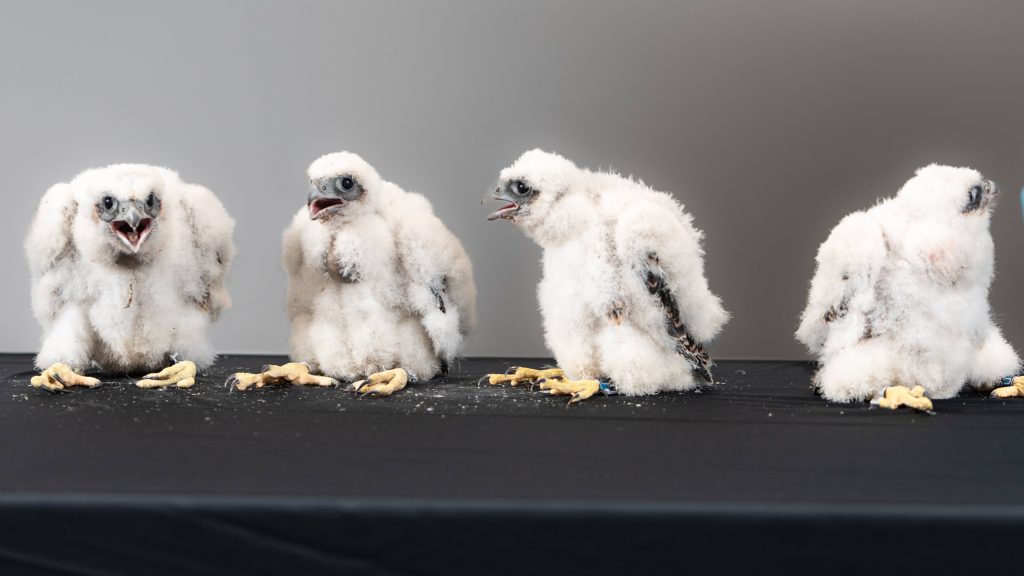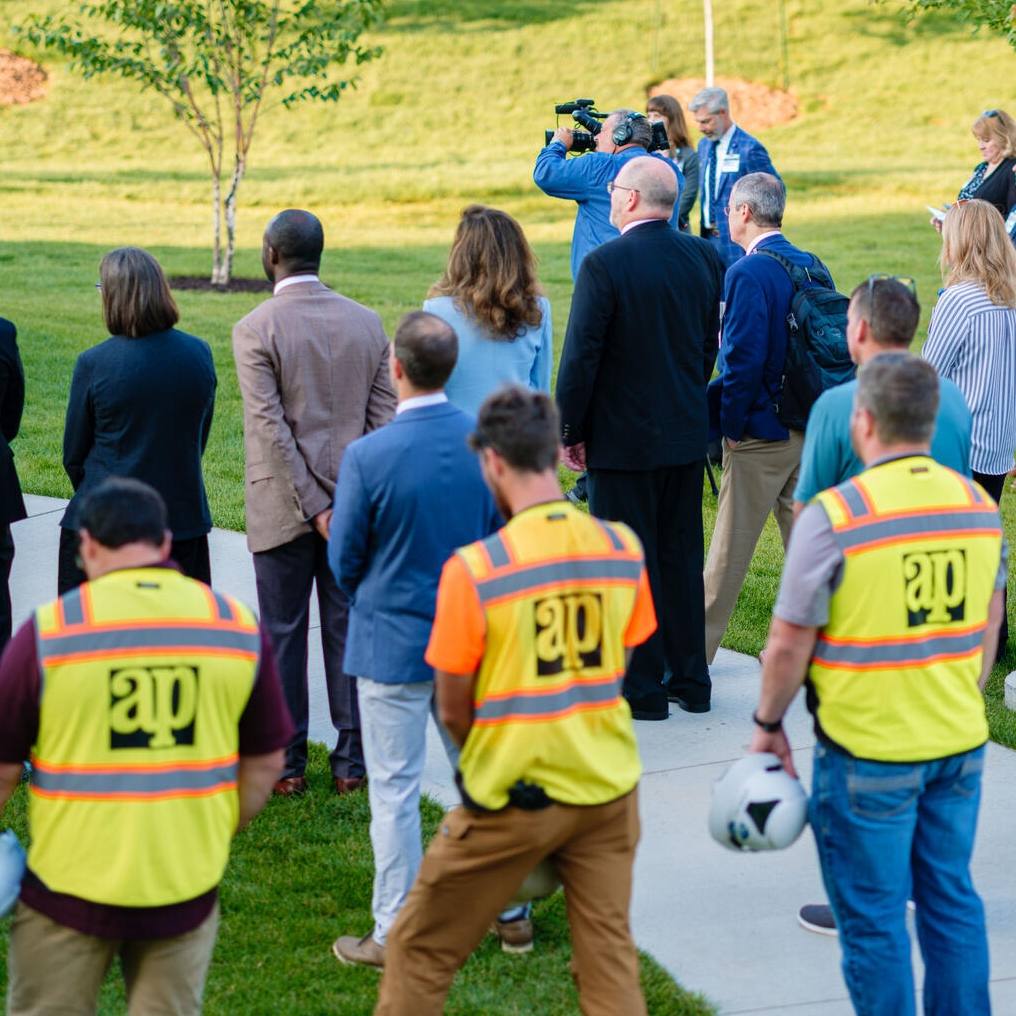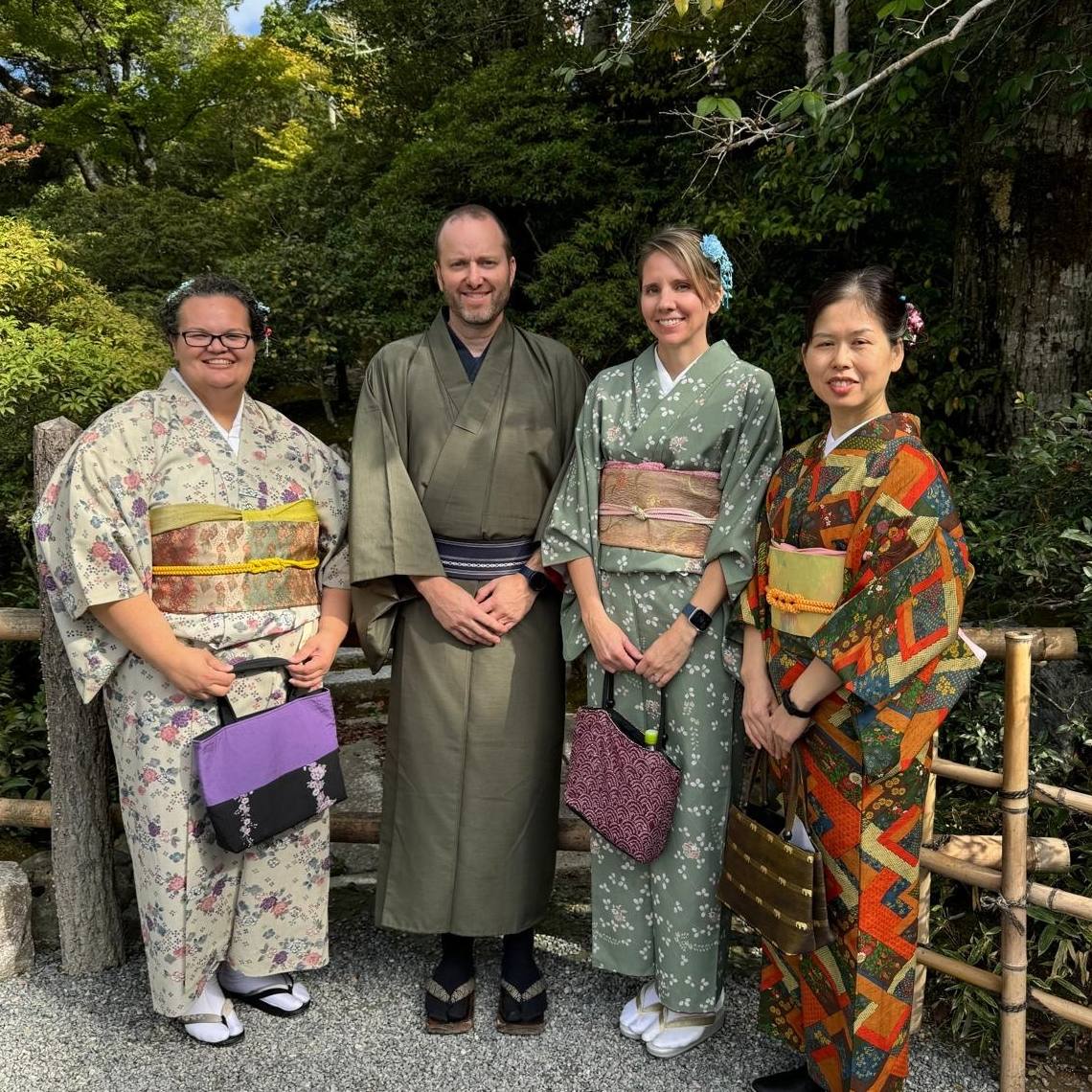
Mayo Clinic staff weighed, named and banded four healthy peregrine falcon chicks on Wednesday, May 25. The chicks have been nesting in a box atop the Mayo Building in downtown Rochester. This year's banding comes as Mayo Clinic celebrates the 35th anniversary of its Peregrine Falcon Program.
During the banding process, Jackie Fallon, a naturalist with the Mayo Clinic Peregrine Falcon Program, determined peregrine falcon parents Hattie and Orton had 2 females and 2 males. More than 450 falcon fans submitted over 1,700 name suggestions for the birds. Ultimately, the chosen names were Nova, Comet, Rebel and Tom.
The 3-week-old chicks were safely returned to the nest box after the banding. They will continue to grow as they prepare for their next adventure: fledging and learning to fly. A live falcon cam in the nesting box provides a front-row seat as the chicks continue to grow and soon leave Hattie and Orton as empty nesters.
The Peregrine Falcon Program supports the Mayo Clinic value of Stewardship and recognizes the healing dimension of nature. Following World War II, the widespread use of pesticides, especially DDT, put many species of wildlife at risk. When DDT was banned in 1973, recovery efforts began for many threatened species, including the peregrine falcon. At the invitation of the not-for-profit Midwest Peregrine Society, Mayo Clinic began hosting the falcons in 1987, and has produced 70 chicks over that time.
Media contact:
- Heather Carlson Kehren, Mayo Clinic Public Affairs, newsbureau@mayo.edu







